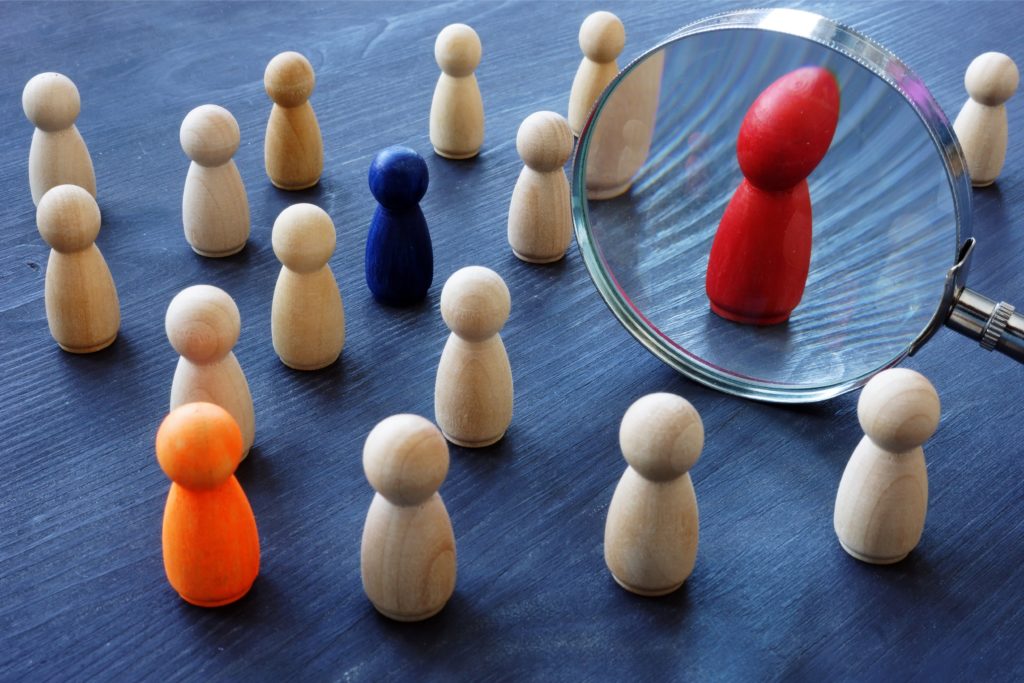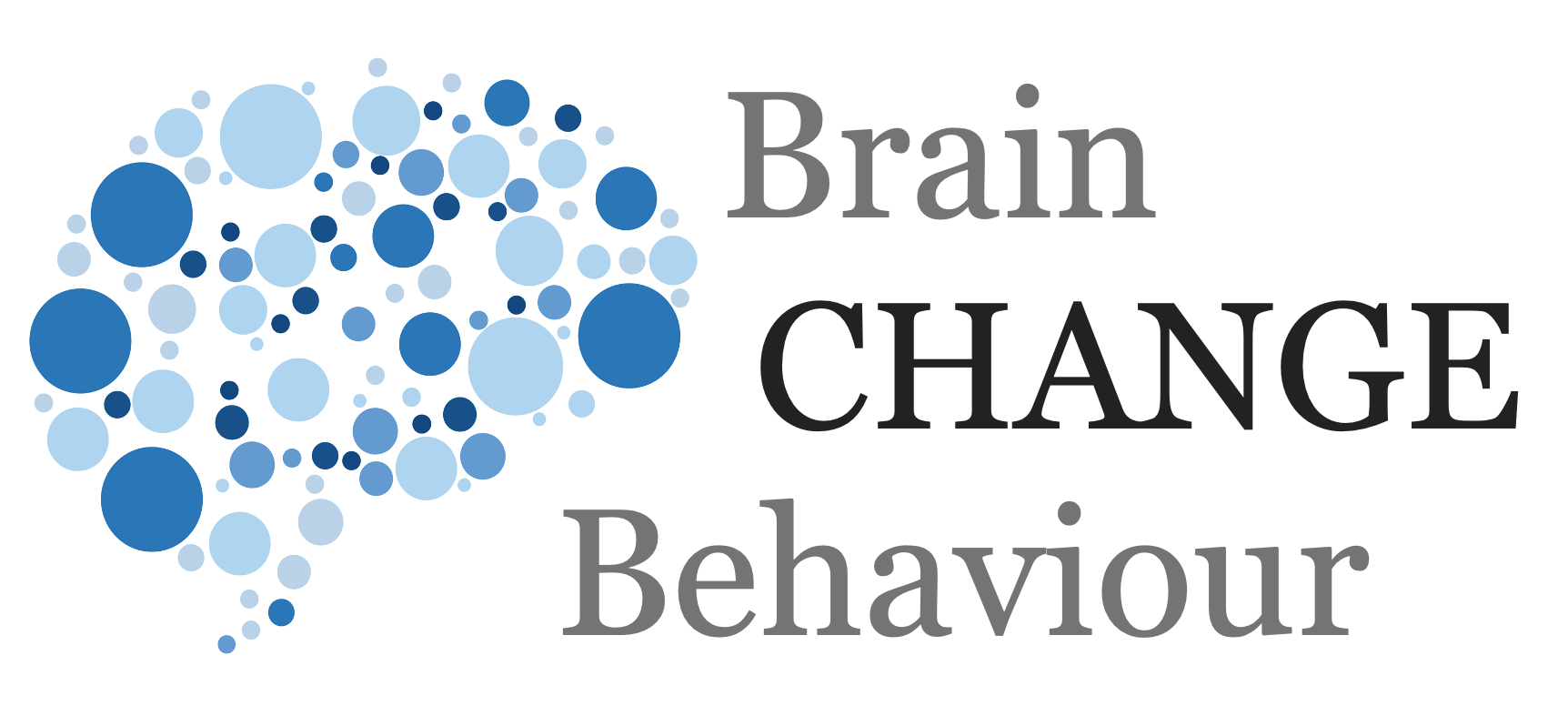
There are a number of problems with the supply side – being able to supply the resources and competencies to drive change. The first and one of the most obvious ones is the financial side. How do finances change as ideas or concepts scale, or behavioural change programmes are implemented across organisations?
Often simple calculations are made that include upfront costs – but maintenance costs are often ignored. And change programme will require maintenance costs. Similarly, additional costs may not be considered. This therefore impacts and causes a voltage drop if the change programme is not financeable long-term.
Another problem with scaling is that of skills and competencies. Consider Michelin-starred restaurants. These are not restaurant chains, they are run by talented individual proprietors. They are not, and cannot be, chains of restaurants because the skills of the proprietor do not scale – they are very individualised. In contrast many successful social media companies are successful because they tap into human nature but are very scalable – posting pictures on Instagram is very scalable, anyone can do it (and does), as is reading or tweeting opinions on twitter.
This means we should be careful of trying to scale certain traits that are very individualised – or rather the larger we try to scale the simpler, easier, or clearer something should be. Companies often want to scale skills such as innovation or sales skills – but often these are individualised skills. Careful thought needs to be therefore given to what is scalable and how.
Simple Takeaways
-
- The larger the scale the simpler it must be
- Consider what is scalable
- Are the skills/behaviours unscalable or unchangeable?
© leading brains 2022
Reference
More Articles
Limits to Scalability – Voltage Drops
Voltage Drop is a useful term and analogy to the problems of scaling ideas or change in any environment. Voltage drop refers to how electrical current can decrease across distance it travels.
The Equilibrium Effect
Things in life tend towards certain balances. This is particularly true in large systems and this is why change can happen in small contexts and be very effective or successful but in large systems different rules apply.
Unintended consequences and negative spillovers
We all know that any change – well, obviously, changes something. But this also means there will be various knock-on effects
Representativeness of the Situation
“You had to be there” is an expression that says you had to be in a particular situation, in that particular vibe, to fully understand a situation.
Representativeness of the Population
When we get a good idea, we may know it is a good thing. And because we know it is a good thing we may then falsely assume – without really thinking this through – that everybody thinks this is a good thing.
False Positives – The inference problem
A false positive has become better-known to the general public during the pandemic and with COVID-19 testing particularly with home based quick tests.






